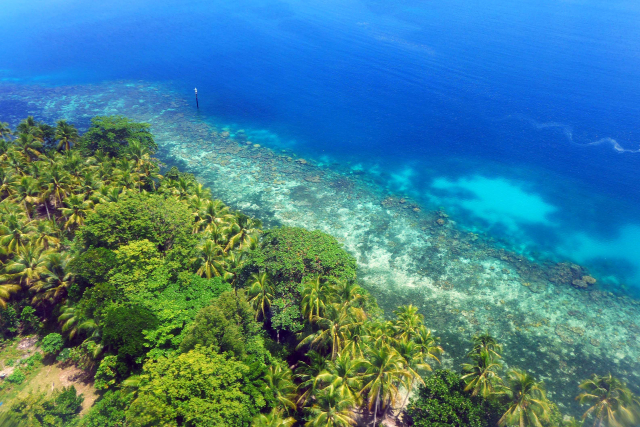13/01/2021 | The German Committee Future Earth (DKN) is an independent scientific advisory body of the German Research Foundation (DFG) and national contact point and platform for developments and activities within the international research programme for global sustainability „Future Earth“ and the „World Climate Research Programme (WCRP)“.
The DKN establishes working groups in order to strengthen sustainability research in Germany and to support scientists working on sustainability topics and sustainable development.
ZMT is now represented in one of DKN’s three current working groups (2020 -2022). Dr. Sebastian Ferse successfully submitted a proposal to establish the new working group Anticipating and Transforming Coastal Futures, together with Dr. Louis Celliers from the Helmholtz Centre Geesthacht. The two of them have been named speakers of the working group. Rebecca Lahl, head of ZMT’s Office for Knowledge Exchange (OKE), is also one of the nine members of the group.
The interdisciplinary working groups at DKN initiate research activities in the context of Future Earth and WCRP and are a core element in the work of the DKN. They make a decisive contribution to the conceptualisation of sustainability research within the framework of Future Earth and WCRP and thus contribute to the profile of the DKN. Outcomes of DKN working groups regularly feed into science policy, for example in the form of DFG roundtables and position papers.
Over the course of the next two years, the working group Anticipating and Transforming Coastal Futures plans to address the following questions:
- What is the current state of transdisciplinary approaches in coastal research and how is transdisciplinary research hindered or enabled by research funding?
- How can we integrate scientific effort and knowledge production in the seamless landscape from land to ocean with the coast as an interface, between diverse disciplines and sectors, and between science and society?
- What are gaps and priorities in actionable coastal research, its uptake by society and within policy? What is the science agenda for a sustainable future coast that also acknowledges multiple, overlapping and often conflicting demands and values in coastal communities?
- What are the research practices required to pursue the proposed research agenda in a way that demonstrates authentic, just and agile transdisciplinary engagement with various stakeholders?
The working group will convene a number of virtual and in-person meetings and workshops as well as exchanges with stakeholders over the next two years, and will work closely with the Future Earth Global Research Project, Future Earth Coasts (FEC).
More information on the German Committee Future Earth (DKN): https://www.dkn-future-earth.org/index.php.en
More information on the working group Anticipating and Transforming Coastal Futures: https://www.dkn-future-earth.org/activities/working_groups/088413/index.php.en





